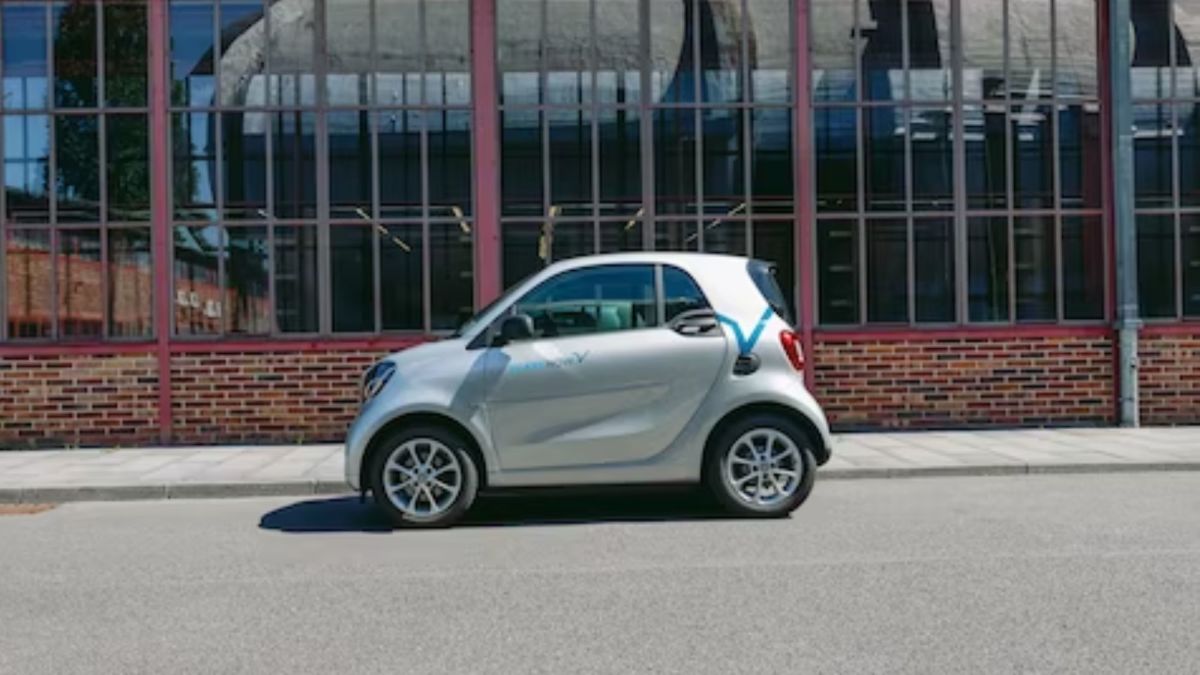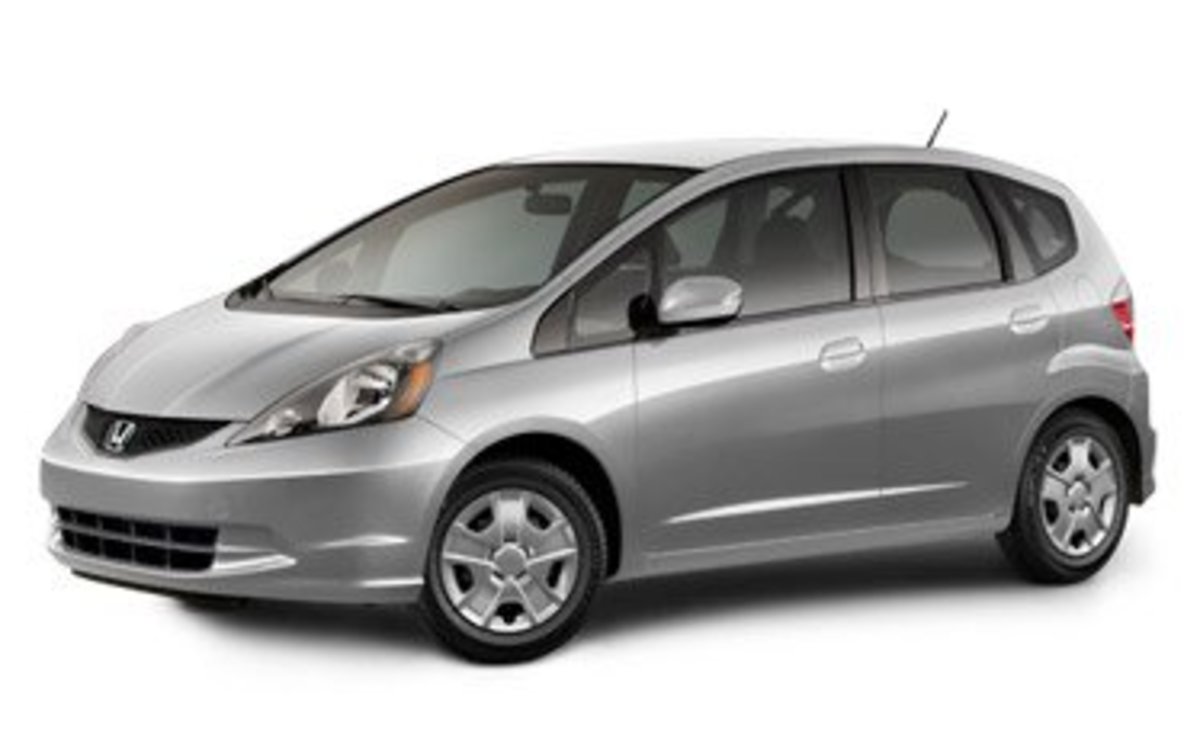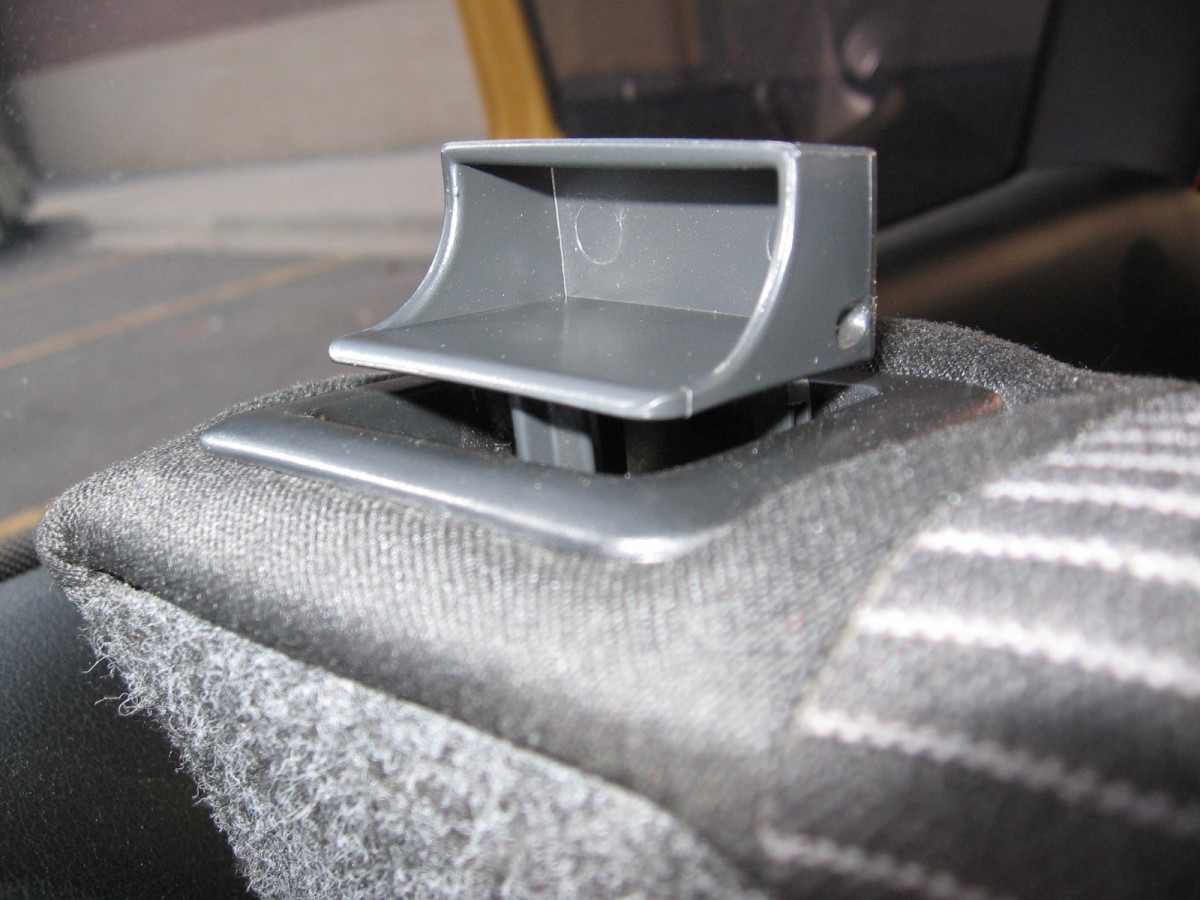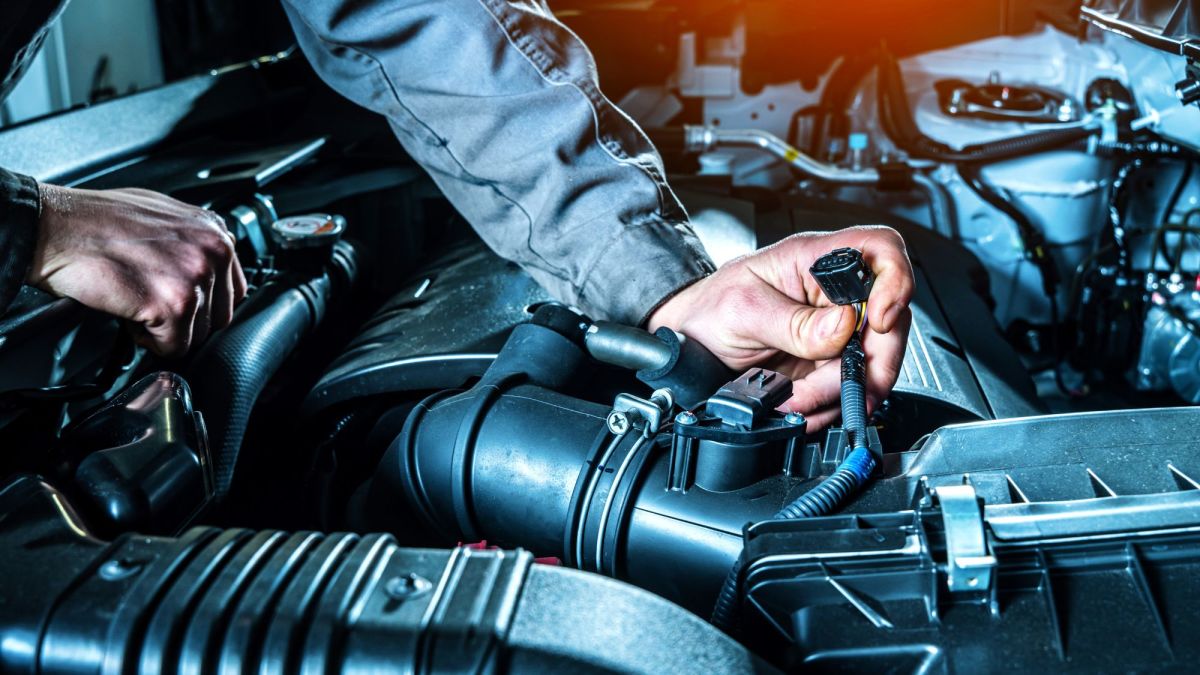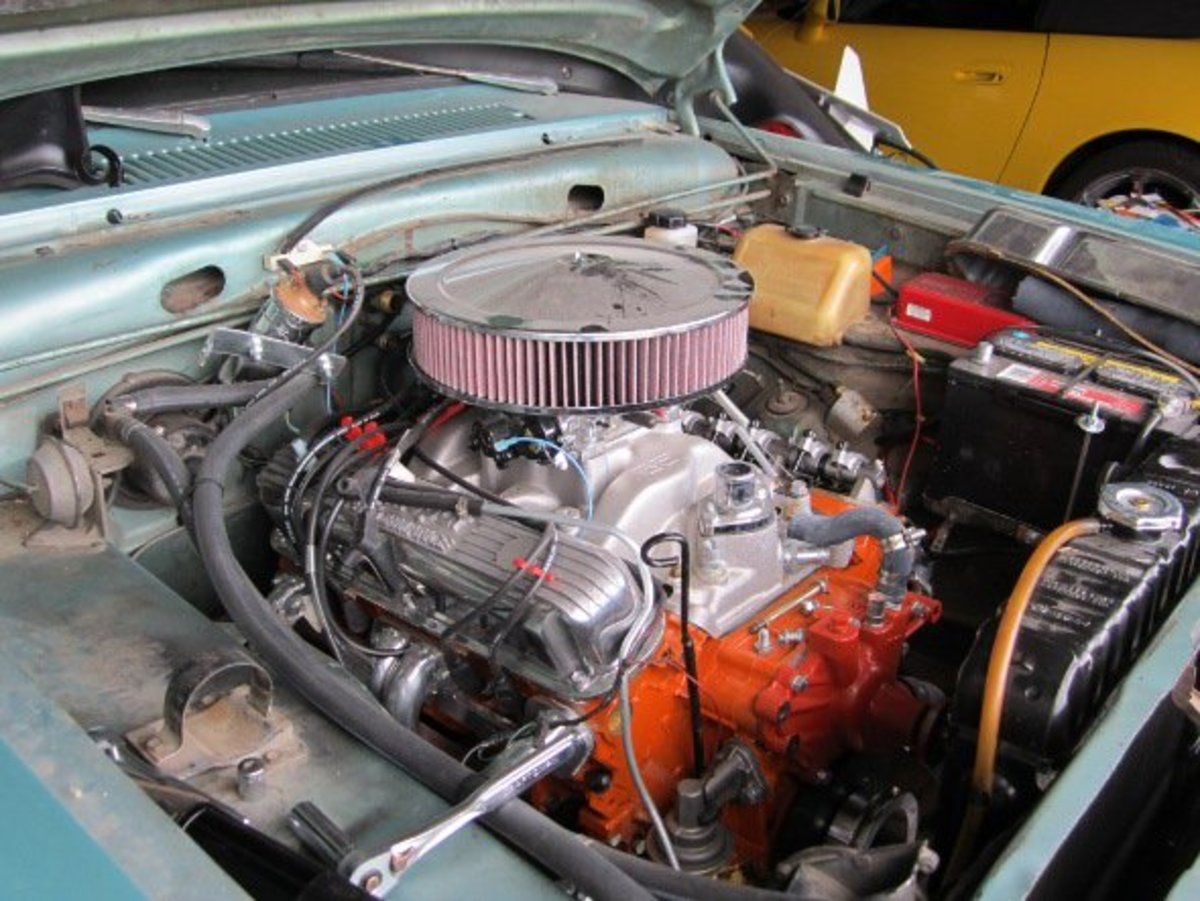Universal Auto Diagnosis of Symptoms Before They Go Wrong!
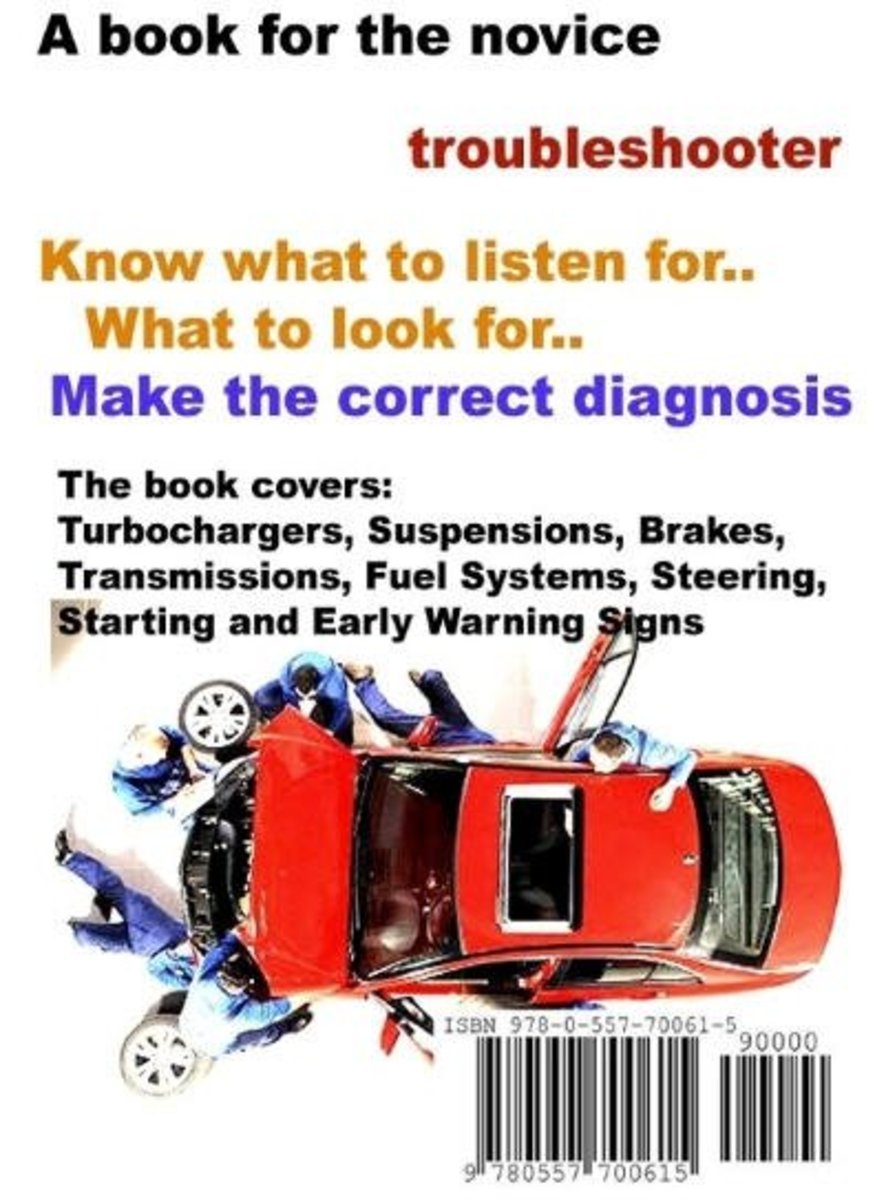

How many times have you bought a used or new car and in the process you attempted of some sort of troubleshooting diagnostics regarding a sound you heard, something you saw, how something felt, smelled or caused you to be wary?
Unless it was a new car, it has been whenever you were looking at a used car. The funny thing about cars is that since the 1960s most are not all that different than new ones. Sure, the external body is different, maybe some of the electronics, but they all share a basic theme and share similar symptoms when these basics go awry.
For instance, whether the car is a 1965 Mustang or a 2008 Mustang, if the wheel bearings start to go out, the symptoms are the same. The sound is the same. The problem is, is if you do not know what to look for you may think it is a “normal” noise, buy the car, then, suddenly break down. If you sort of know about what to look for or what happens when things start to wear out, then, you can maybe negotiate a lower price with the seller or when you take it to a mechanic, you can relay this problem accurately to them so they can pinpoint and verify your “hunch”.
Thus, the purpose of this book is to provide the reader with troubleshooting info about the common elements all cars share and diagnostics regarding them when these elements begin to fail. At the very least, it provides information that arms you with knowledge so you know how to buy a used car or know your own car.
The scenario is also universal. You are buying a new but used car. One of the first things out of a buyer’s mouth is “how many miles”? Whatever the response may be, it will tell you in generally, what to consider looking at more carefully. However, the universal rule is that any car that has less than 60,000 miles, is probably not going to have issues unless it was not maintained, has been sitting for many years. There are exceptions. Many newer cars from the 90’s usually need little, but the older the car, the more likely it will need something.
Is the age in years more important than the mileage or vice versa?
They are both important. Mileage is wear and tear on the car and all of its mechanicals etc. You could have a 2007 car with over 100,000 on it and it needs some things replaced. On the other side, time is important. Think a collector with a 1966 Corvair Corsa by Chevrolet. It spent its life in a time capsule and has only 1000 miles, rarely operated. If this car suddenly became a daily driver, it would also need things because time corrodes gaskets, seals, turns gas into varnish-like goo clogging carbs and fuel lines, turns brake fluid into a useless state and so on. Engines are meant to run and doing so does preserve them as they lubricate the engine parts. Engines that simply sit for years require a slow recovery process to become a daily driver to prevent seizure. Time also allows critters to chew electrical wiring for their nests. If one is storing their “classic” it is best to run the engine by idling for 10-20 min a few times a week or better, go around the block a few a times!
A car is like a human body. The more time and mileage on it, parts simply wear out and if not replaced, functioning stops. Life ends.
Suppose you are thinking of buying a used car with 120K in miles. Armed with the above, you can quickly ascertain its condition. Simply ask about if the timing belt was changed, if the wheels bearings were repacked or replaced, if the disc brakes were replaced. You know, with this kind of mileage they all should have been done at least once. If the seller says, “no” or “I don’t know”, odds are, they probably have not but you will need to verify it. If you buy the car without doing this, just be prepared for these repairs at some point. If the seller says, “yes”, ask when in terms of miles it was done. It may be time to do it again! Also, by asking such “questions” it puts the seller on edge because “you seem to know about cars” and are not a dumbo.
Most Japanese cars from the 90’s to present are made to last to 150,000 miles and more (as far as the engine components) and if during the life of the car the car was properly maintained and serviced, they can easily go well past 200,000 miles. That is why it always important to run a VIN check for the car history and interrogate the seller about previous owners and how well he kept up with the maintenance.
If you know what to listen for, watch or feel, in the way a car operates, it will yield a lot of information about its condition. First, you need to know what are the symptoms in order to diagnose what the issue is. Mechanics have a ton of these books to reference. For instance, what are the symptoms to a driver if the turbo produces no boost? what is that metallic rumble you hear from the wheel area? What is that clunk all of a sudden?
This book will assist in making the correct diagnosis allowing you to inform a mechanic where they should be looking first (this will save a ton of money, at $100 hr).



